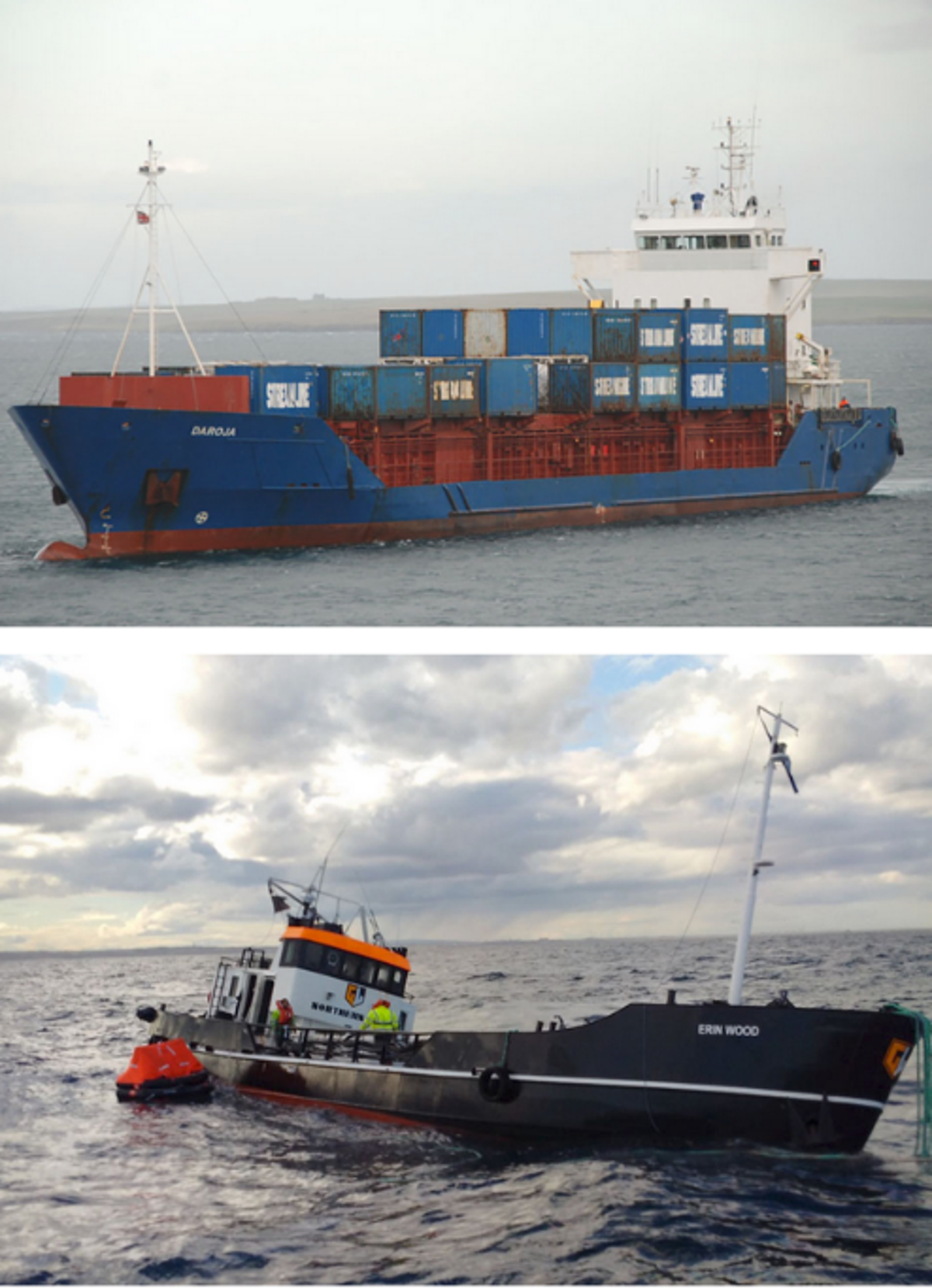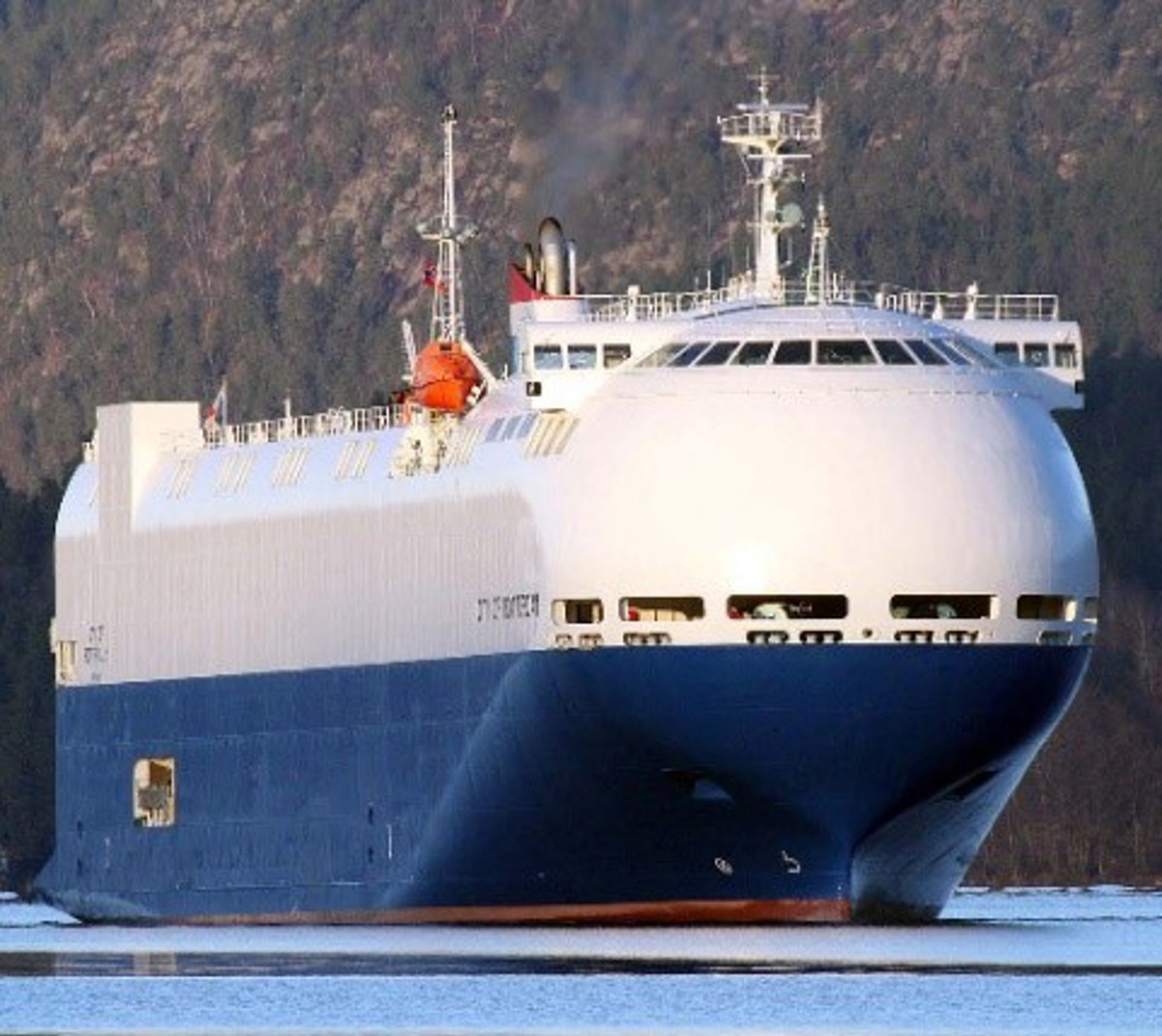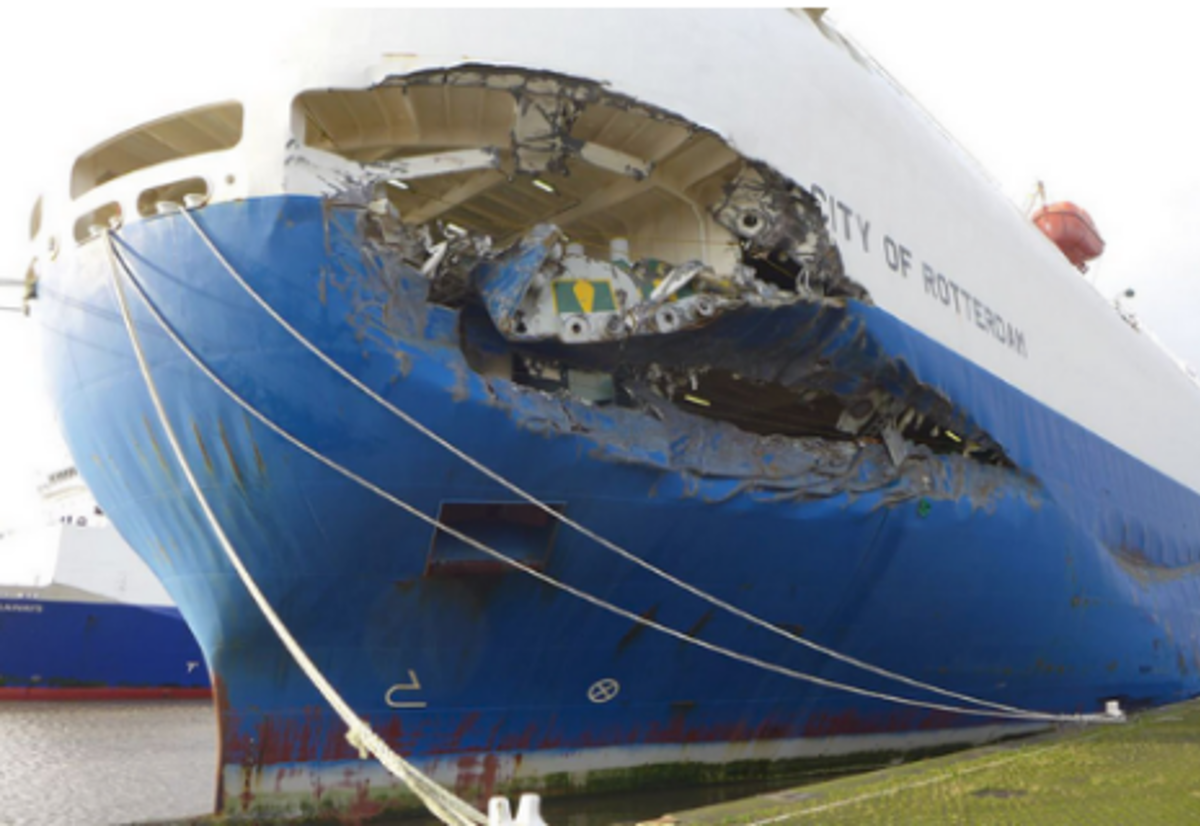MAIB: Two recent vessel collisions
- Safety Flash
- Published on 28 March 2017
- Generated on 1 March 2026
- IMCA SF 07/17
- 2 minute read
The UK Marine Accident Investigation Branch (MAIB) has published two reports relating to two vessel collisions which will be of interest to Members.
Incident 1: Collision between general cargo vessel Daroja and oil bunker barge Erin Wood
When these two vessels collided, minor damage was caused to the larger cargo vessel, but the smaller bunker barge suffered breaches of the hull, resulting in flooding of the vessel and pollution from leaking fuel cargo.
The MAIB report concluded that the following issues directly contributed to the seriousness of the incident:
- The two vessels collided because a proper lookout was not being kept on either vessel.
- Complacency and poor watch-keeping practices.
- Failure to properly assess risk, particularly that of lone watch-keeping.
- Failure to secure and close watertight doors on the smaller vessel allowed flooding to occur.
- The crew of the smaller vessel were not competent, and an effective safety management system was not provided.
The full report can be found at: assets.publishing.service.gov.uk/media/585a70e9ed915d0aeb0000ea/MAIBInvReport27_2016.pdf

Incident 2: Collision between the pure car carrier City of Rotterdam and the ro-ro freight ferry Primula Seaways
When these two vessels collided in the Humber river, both were damaged but made their way to Immingham without assistance. There was no pollution and there were no serious injuries.
The MAIB investigation identified the following:
- The outbound City of Rotterdam manoeuvred into the path of the inbound ferry.
- This manoeuvre had not been corrected because the pilot on board had become disoriented after looking through an off-axis window on the semi-circular shaped bridge.
- The car carrier was of an unconventional design (see photo) and the pilot’s disorientation was due to ‘relative motion illusion’, which caused the pilot to think that the vessel was travelling in the direction in which he was looking.
- Consequently, the pilot’s actions, which were designed to manoeuvre the car carrier towards the south side of the channel, were ineffective.
- That this error was allowed to escalate to the point of collision was due to further factors, including the following:
- Intervention by the master of the City of Rotterdam was too late.
- Challenges to the pilot’s actions by the bridge team on Primula Seaways, and by the Humber Vessel Traffic Service was insufficiently robust.
- Although Primula Seaways started to reduce speed about two minutes before the collision, a more substantial reduction in speed was warranted.
- Intervention by the master of the City of Rotterdam was too late.


-
The full report can be found at: https://assets.publishing.service.gov.uk/media/58984f60ed915d06e1000025/MAIBInvReport3_2017.pdf
IMCA Safety Flashes summarise key safety matters and incidents, allowing lessons to be more easily learnt for the benefit of the entire offshore industry.
The effectiveness of the IMCA Safety Flash system depends on the industry sharing information and so avoiding repeat incidents. Incidents are classified according to IOGP's Life Saving Rules.
All information is anonymised or sanitised, as appropriate, and warnings for graphic content included where possible.
IMCA makes every effort to ensure both the accuracy and reliability of the information shared, but is not be liable for any guidance and/or recommendation and/or statement herein contained.
The information contained in this document does not fulfil or replace any individual's or Member's legal, regulatory or other duties or obligations in respect of their operations. Individuals and Members remain solely responsible for the safe, lawful and proper conduct of their operations.
Share your safety incidents with IMCA online. Sign-up to receive Safety Flashes straight to your email.